A new UK-designed entry into the World Solar Challenge has been testing in Australia.
The Cambridge University Eco Racing team will be pitted against 40 other teams from around the world in a harsh test of solar technology in the Austrailian Outback that covers over 1800 miles.
Their car uses space-grade solar cells and a special solar tracking board that ensures maximum sunlight penetration - meaning the CUER team's car should get up to 20 per cent more solar energy than traditional solar vehicles. An on-board electric motor that is up to 98 per cent efficient is used for power, while a regenerative braking system helps to recharge the batteries. The car has a top speed of 86.9mph.
The four-wheeled entry also incorporates design concepts from Formula One, such as the ultra-lightweight carbon composite chassis construction. A wheel-steering system also helps to minimise drag.
Drivers must endure four-hour stints inside the car's small cockpit, while outside temperatures of over 40C threaten to cause wildfires on the route - which almost caused last year's race to be cancelled.
Prior to heading to Australia the team were able to use environmental testing facilities provided by Jaguar Land Rover to simulate the tough conditions of the race, and to test the cooling system of the car.
Control stops have also been rehearsed, with the team again looking to F1 to conduct tyre and driver changes as quickly as possible.
Despite the technological advances for this year's car, however, team manager Keno Mario-Ghae isn't getting complacent: "The margin between first and second place in the 2011 race was just 30 minutes. The narrowly beaten Dutch team had previously won the race four times in succession, so we are not underestimating the strength of the competition
“We’re entering a wholly new design this year, packed with interesting technologies.”
The World Solar Challenge race starts on 6 October.

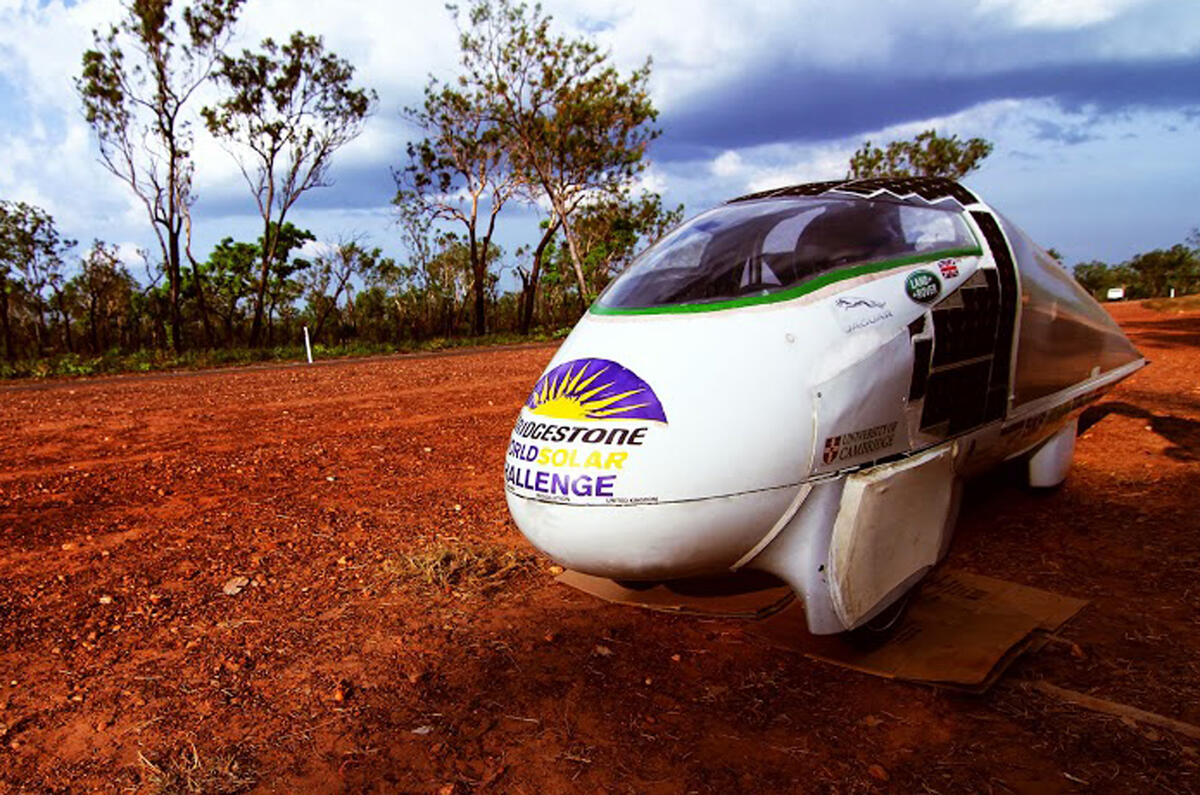
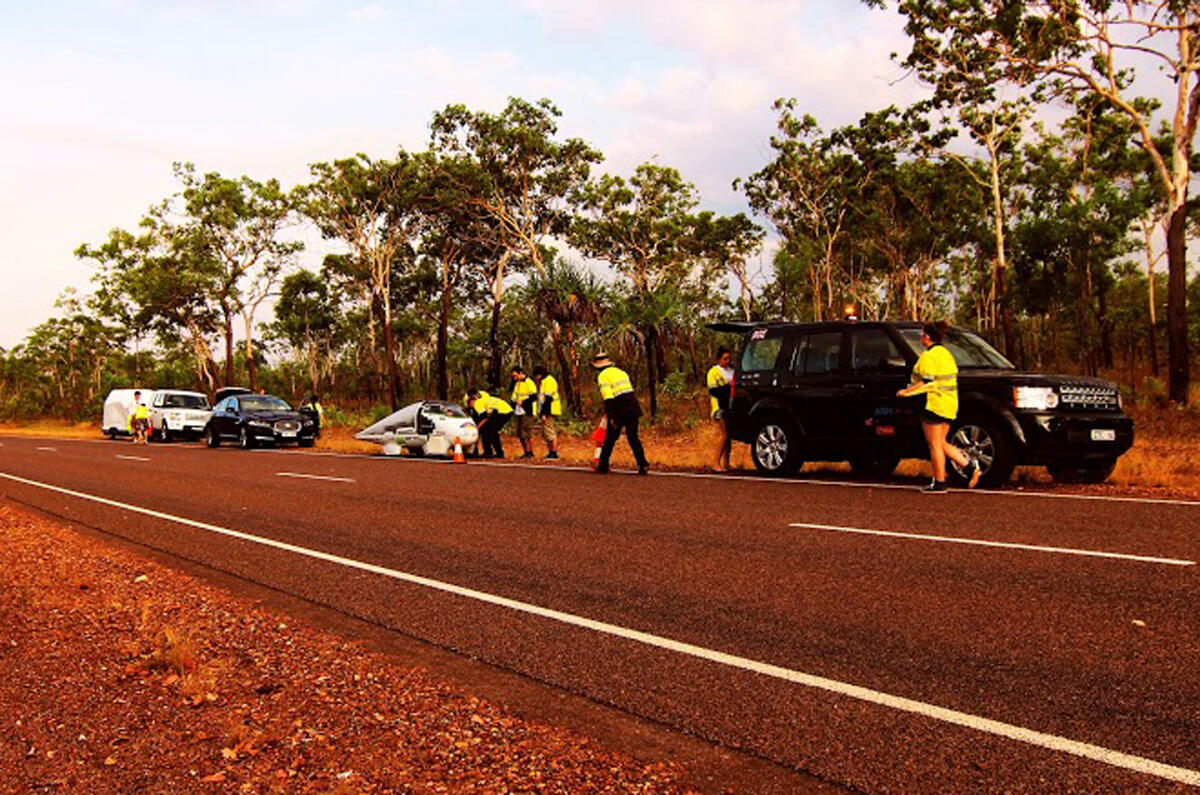
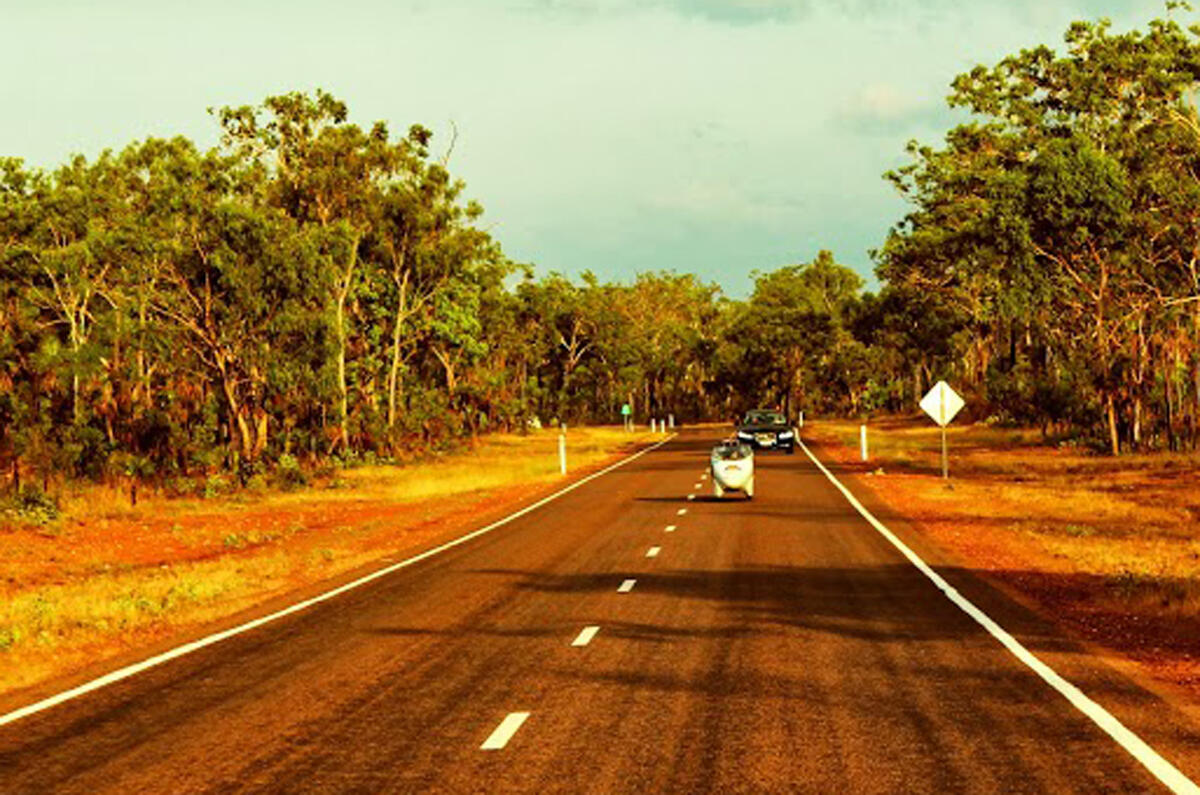
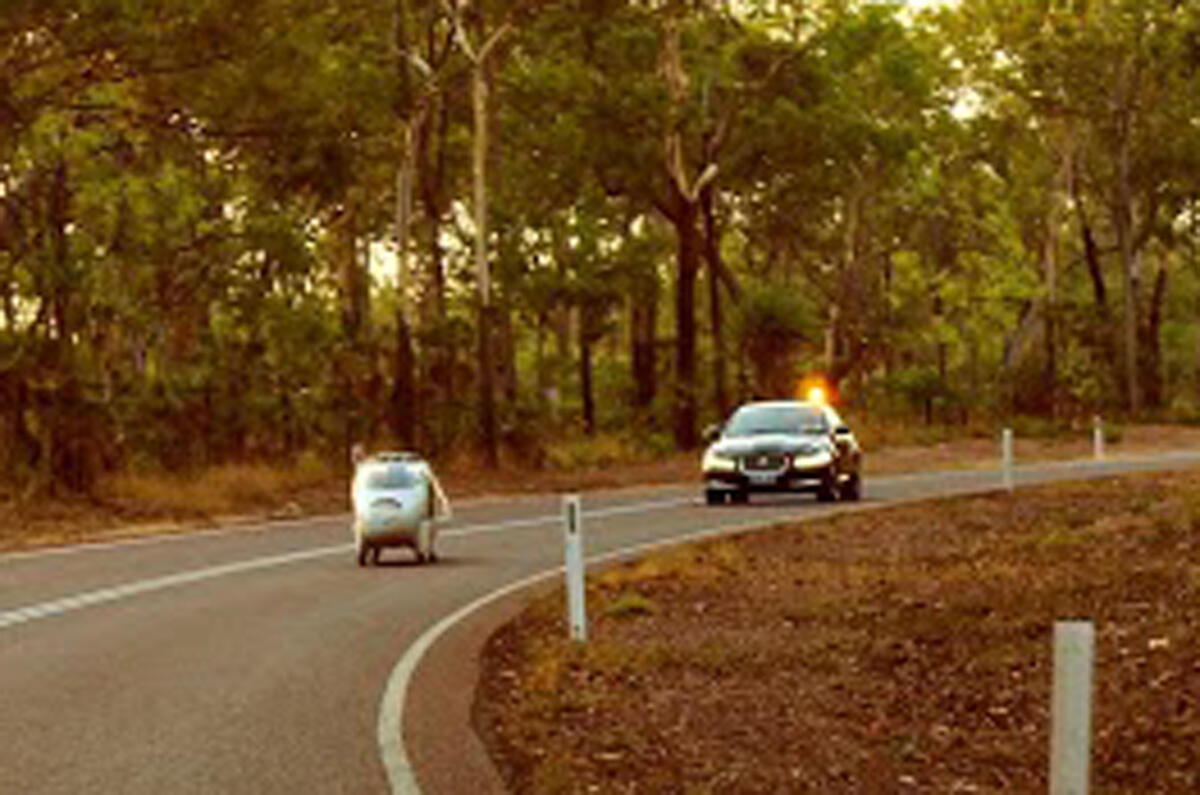
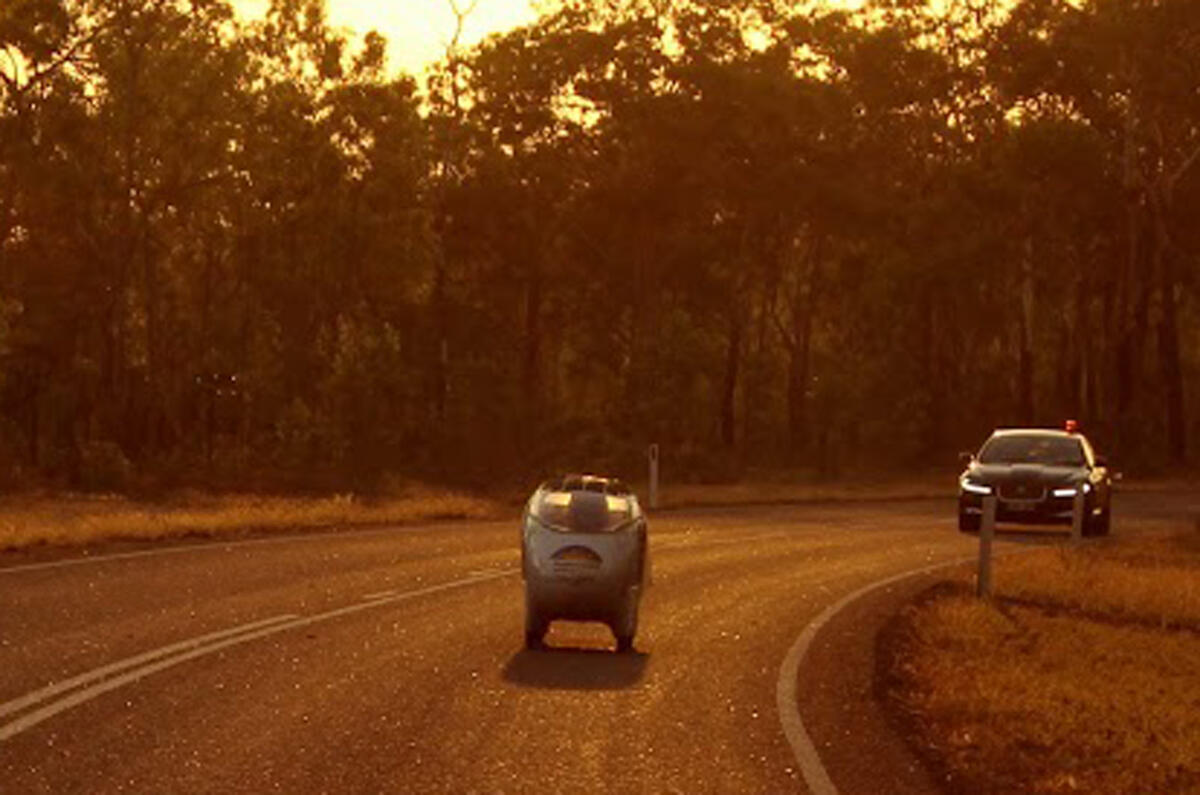
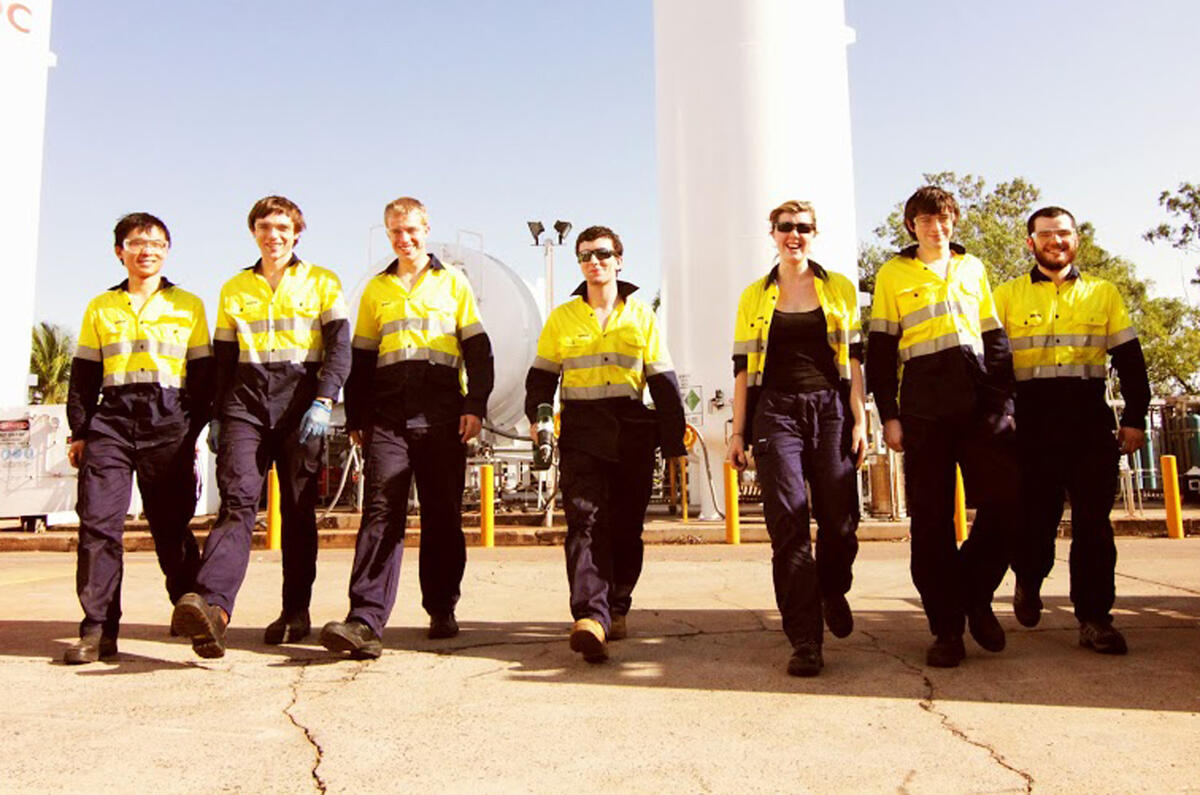
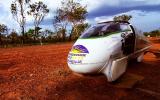
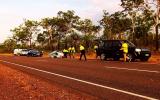
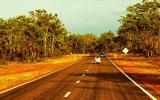
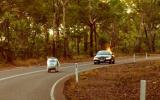
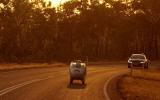
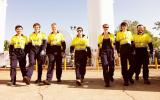


Join the debate
Add your comment
Bravo Team GB!
Renewable resources don't come cheaper or more abundant than solar power.
We don't seem to be making the best use of this widely available source yet.
Car makers could begin by installing solar cells on roofs to run in-car electrics.
EV makers could help buyers with installing solar cells at home for 100% carbon free motoring.
It could be a good selling point for electric cars, the sales of which have so far failed to take off.
Imprsseive top speed for a
Impressive top speed for a Solar car. Now if they added some pedals. An 1800 mile race, would be a challenge for even a normal car. Although it sounds like a jolly good knees up, for some students in Australasia.